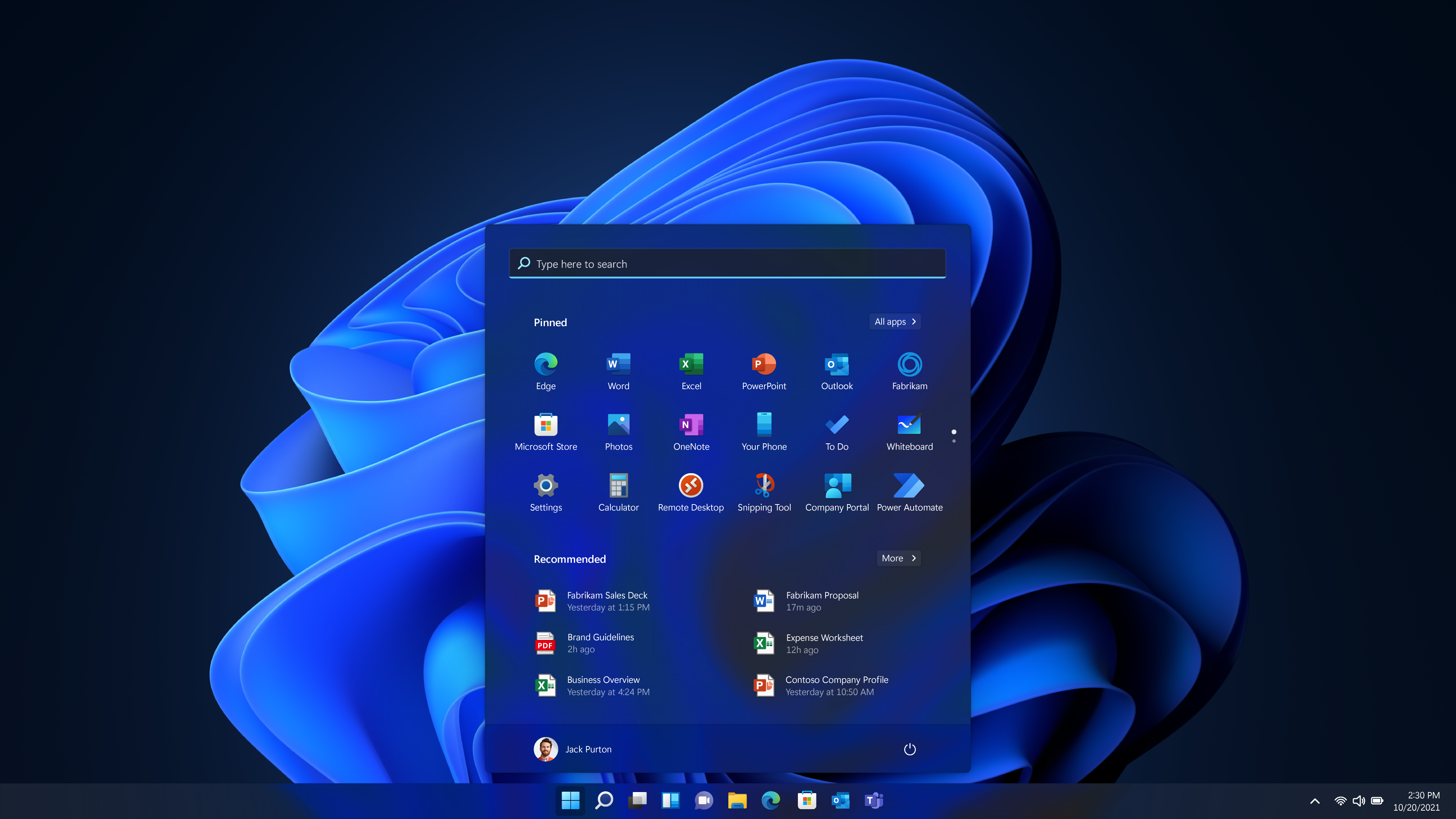
A recent update sees Windows 11 now displays ads via the Start menu for all users. The recent KB5036980 optional update enabled this function and features 'recommendations' that advertise apps listed in the Microsoft store. Though this update is optional for now, one may speculate that Microsoft could eventually make this a mandatory update.
Windows 11 Start menu ads are starting to rollout to everyone this week. Thankfully there's a setting to easily disable these new ads, though. Full details below 👇 https://t.co/3Jit06ccxBApril 24, 2024
It also seems that the company has implemented this with little time to gather feedback from its Beta users. The developers initially implemented this change in its Windows 11 preview build 22635.3495 two weeks ago, which gives very little time to gather sufficient feedback from a limited set of Beta testers. Hence, one would question the company's haste in implementing this.
Microsoft is ready to introduce updates and features via the highly anticipated Windows 11 24H2 build. However, decisions like introducing adverts would bring sour experiences and perspectives about the operating system. For now, this new feature can be disabled by turning off the 'Show recommendations for tips, app promotions, and more' option.
Microsoft claims it is displaying ads from a small set of curated developers, though that list would likely expand once it is set as a mandatory update. It also doesn't explain how it determines these recommendations- either based on the user's choice of activities and apps or based on different parameters. There's also the likely possibility that the team may reverse this decision in the future.
This wouldn't be the first time Microsoft embeds ads in its operating system. The company did similar promotions with the Windows 10 lock screen, mail app and Start menu. But it seems to be coming at the cost of not optimizing or improving user experience. A few days ago, its former developer criticized Windows 11's Start menu's performance issues on a system with an Intel Core i9 and 128GB RAM. While having certain features is nice for some users, one would not expect the performance and experience to be a trade-off.
Irrespective of Microsoft's future decisions, end-users who favor performance and don't mind getting their hands dirty may turn to applications like Tiny11 to remove unwanted apps and functions from the operating system. Even if Microsoft resorts to blocking such programs, similar to how it does with popular UI-altering apps, there are always ways for users to get around such obstacles.







